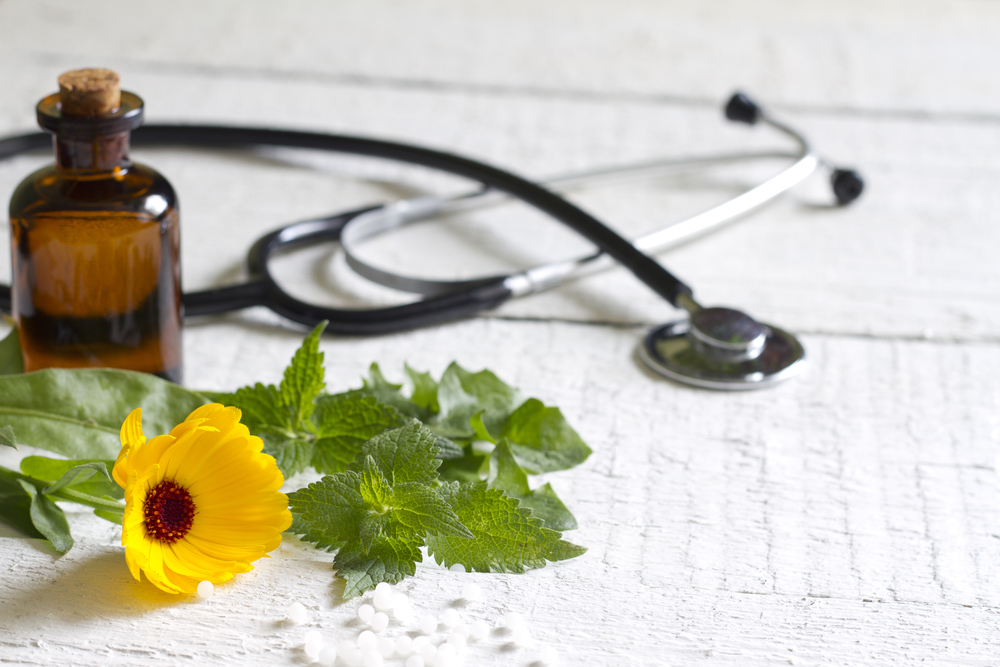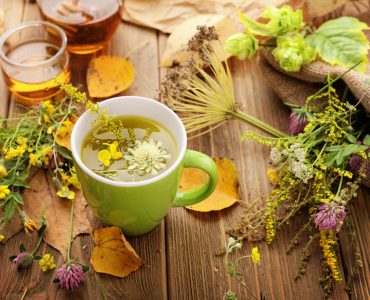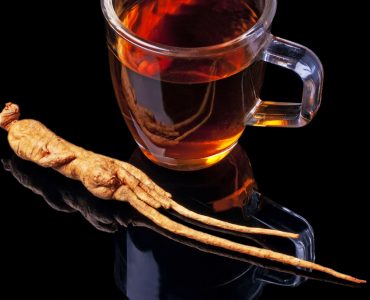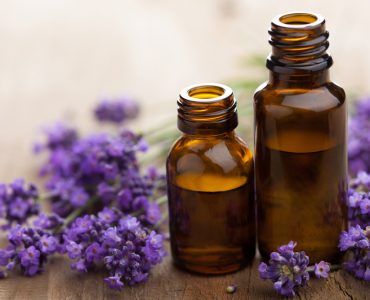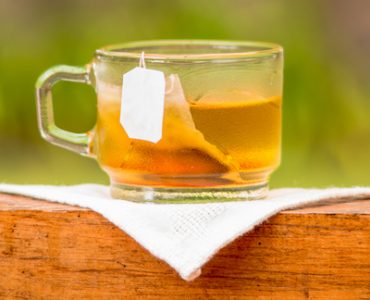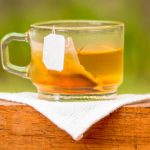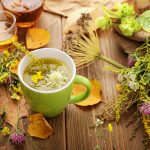Herbal medicine is the use of plants and plant extracts to treat physical and mental disorders. The natural chemical properties of certain herbs have been found to contain medicinal value. Herbal medicine is different from conventional medicine because herbalists use the whole plant rather than isolating and breaking down the chemical compounds and then synthesising them. Healing requires the natural combination of elements in the plant, which characterises perfect balance.
Herbal medicine is also known as herbalism, botanical medicine, medical herbarlism, herbology, and phytotherapy. Herbal medical products are also used as dietary supplements to improve health. These products are now available in the form of capsules, tablets, teas, powders, extracts and dried or fresh plants.
Some plants that have proved to be effective herbal medicines are valerian root, rosehips, salvia lavandulaefolia, honey, butterbur, calendula, artichoke, lemon grass, garlic, gawo, blackberry, black raspberry, cranberry, elderberry, feverfew, green tea, oregano, pomegranate, ginger, magnolia and peppermint. These plants can treat insomnia, osteoarthritis, urinary tract infections, migraine headaches, memory difficulties, high cholesterol, skin wrinkling, oral cancer, growth of breast cancer cells, and multi-drug resistant bacteria. These are only a few of the many physical and mental disorders that herbal medicine can treat.
The range of herbal medicine is sometimes extended to comprise fungi and bee products, minerals, shells and some animal parts. For more effective and safe use of herbal products, it is advisable to consult a doctor first. Taking a bigger dose than the label recommends could be dangerous. Treatment should always be administered under the prescription of a trained medical professional.


